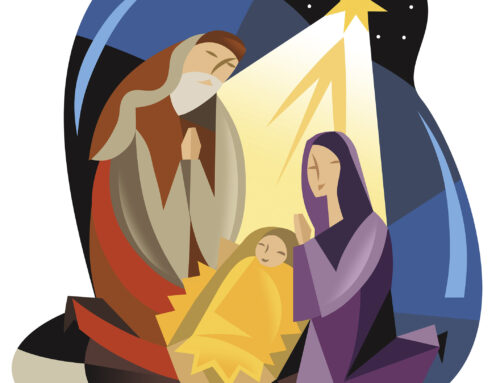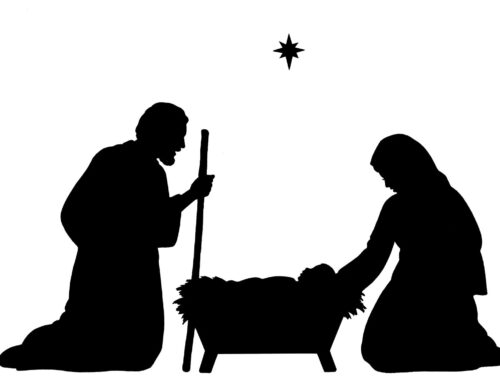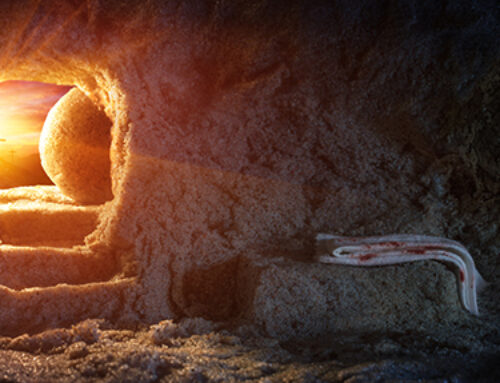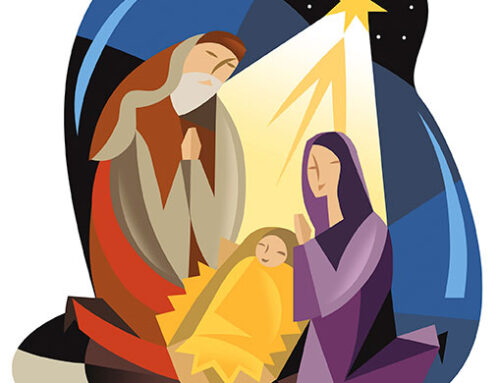–by Allan Pole

Have you ever driven somewhere and forgotten the last 15 minutes on the highway you just travelled? Have you ever listened to a sermon, read a book or heard someone tell you about their day and suddenly realized you didn’t have the slightest idea of what the preacher said, what the author wrote, or what your friend just told you?
People heard about the miracles and messages of a young teacher from Nazareth 2,000 years ago. Would you please read Luke 8:4-15?
Seeds from heaven result in crowds.

Until this point, Jesus used similes or comparisons to describe and illustrate what He wanted to say. Here in Luke 8, He begins to use parables, sayings and stories not just to demonstrate a point but to prevent the casual, disinterested or resistant hearer from catching the meaning. Those who trust the speaker or leader will have an open heart and mind, while those who don’t will miss or even resist what they are saying.
Jesus calls it the parable of the sower in Matthew 13:18. However, it could also be called the parable of the soils. The seed doesn’t grow and become fruitful unless it is in good soil. Likewise, good soil just grows weeds unless it has good seeds in it. Jesus describes four soils: the hard soil, the shallow soil, the crowded soil and the good soil. The seed is the word of God and the various soils represent different types of human hearts.
We don’t grow crops and gardens like they did 2,000 years ago. In that part of the world, farmers would often sow seeds before they plowed the ground. They would walk along the paths in their fields scattering their seeds with broad sweeping motions. Then, they would plow the seed into the ground. On the pathways between these plots of land, seeds could not penetrate the hard-packed dirt so birds would feast on seeds left on the ground.
Similarly, the seed of God’s word is scattered and never settles into some people’s hearts and minds. It seems so wasteful! What appears to be a crying shame to us, allows everyone to hear from heaven. While we wonder why, the judge of the universe lets people decide their eternal destiny by how they respond to the seeds of His word. People are saved and lost not by their works, but by what they do with God’s word.
The shallow soil describes people whose faith lacks depth; and the crowded soil describes a distracted heart.
How would you describe the soil of your heart? How are you affected by those who are hard, shallow and distracted?
Seeds from heaven result in crops.

Jesus concludes His parable by calling out to the crowd in Luke 8:8: “He who has ears to hear, let him hear.” Jesus is the only one to use this phrase in the Bible. It appears 15 times—seven times on earth, as recorded in the Gospels and eight times in heaven, as recorded in the Book of Revelation (Dake’s Study Notes). The word “hear” appears eight times in Luke 8:4-15. I think the Lord is trying to tell us something. The Message Bible expresses it this way, “Are you listening to me? Really listening?” He grabs us by our faces and says, “Listen up! Pay close attention!”
American pastor and author A.W. Tozer (1897-1963) concluded, “Faith comes first to the hearing ear, not to the cogitating [thinking] mind.”
“I hear” comes from the Greek word ἀκούω (akoúō), which means to hear, listen, understand and obey. Our English word “acoustic” comes from this word. Messages inundate us daily through what we see and hear; and it takes a lot to get through to people.
Now, more than ever, we need to sort through what we hear and don’t hear. We must be careful about the messages we accept and reject. John W. Ritenbaugh warns (bibletools.org), “Hearing is serious business for the children of God.”
Hearing from heaven involves more than listening. It includes understanding and doing. The question is not, “Are we paying attention?” The question is, “Who and what gets our attention?” Do we want to hear God’s voice? Then we need to obey the last thing He said to us.
We are eternally productive when we hear and obey God.






























































